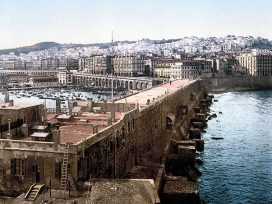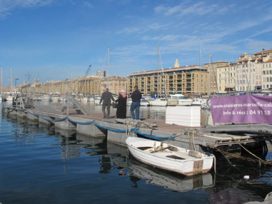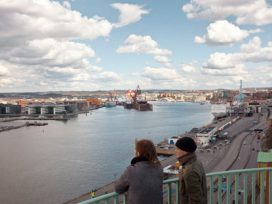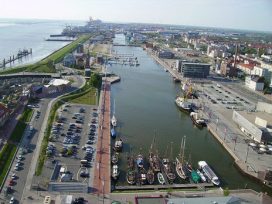
From Ottoman rule through the colonial period, Algiers’ function as military and economic power has been interwoven with processes of migration. Saïb Musette surveys this histoire croisée and asks where Algeria’s international metropolis is heading in the future.


